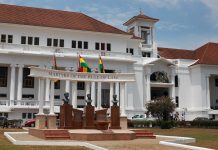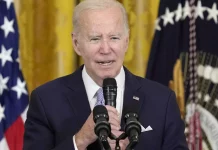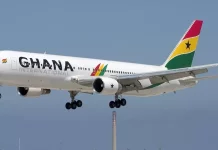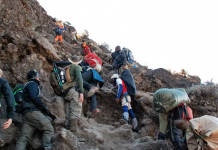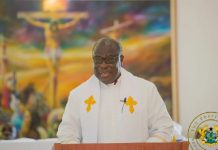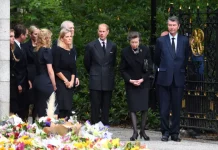Honourary Vice President of IMANI Africa, Bright Simons, has criticized the Akufo-Addo government for constantly painting a false narrative about the impact of the Russia-Ukriane war on Ghana.
According to him, there is no available data that seeks to point out that Ghana is adversely being hit by the ongoing crisis.
Speaking at the 2022 Baah-Wiredu Lecture in Accra on September 21, Bright Simons argued that Ghana’s economy is not as exposed to that of Russia and other countries hence government’s justification for blaming the crisis on the current economic challenges in Ghana does not hold water.
“When we start to do the comparative analysis, you cannot use some other factor that has had a uniform effect. I tried my best to give you factors that could have shown that Ghana has been affected more, and as you saw I struggled with the data. I went to jobs, I went to growth, I went to how many people were killed and none of it bears out that we were affected worse,” he is quoted by Joy Business.
“So, if you are the worst performing in terms of currency, you cannot complain and say it is because of some factor that has affected everybody uniformly. It is as simple as that,” Bright Simons added.
The IMANI Vice president, however, blamed the current economic challenges on continuous wastage in expenditure by government and its other auxiliary agencies and institutions.
Meanwhile, President Nana Addo Dankwa Akufo-Addo recently speaking at the 77th United Nations General Assembly in New York reiterated the impact of the Russia-Ukraine war especially on African economies.
According to him, “Every bullet, every bomb, every shell that hits a target in Ukraine, hits our pockets and our economies in Africa. The economic turmoil is global with inflation as the number one enemy this year”
IMF bailout
Government has routinely explained that recent economic headwinds are attributable largely to the ravages of the COVID-19 pandemic, the ongoing Russia-Ukraine war and the banking sector clean-up.
The rippling effect has been an increase in the cost of living, record high inflation rates and downgrades of the economy by rating agencies such as S&P and Fitch – a situation which has dealt a heavy blow to government’s ability to access the international capital market.
The Cedi has also been on a free fall compelling the Bank of Ghana to resort to hiking its monetary policy rate to deal with the situation.
The worsening economic situation compelled the government in July to initiate contact with International Monetary Fund for an economic support programme.
Ghana is targeting an amount of US$3 billion over three years from the Fund once an agreement on a programme is reached.
Government hopes to complete negotiations by end of this year in order to receive the funds in the first quarter of 2023.
— GhanaWeb








